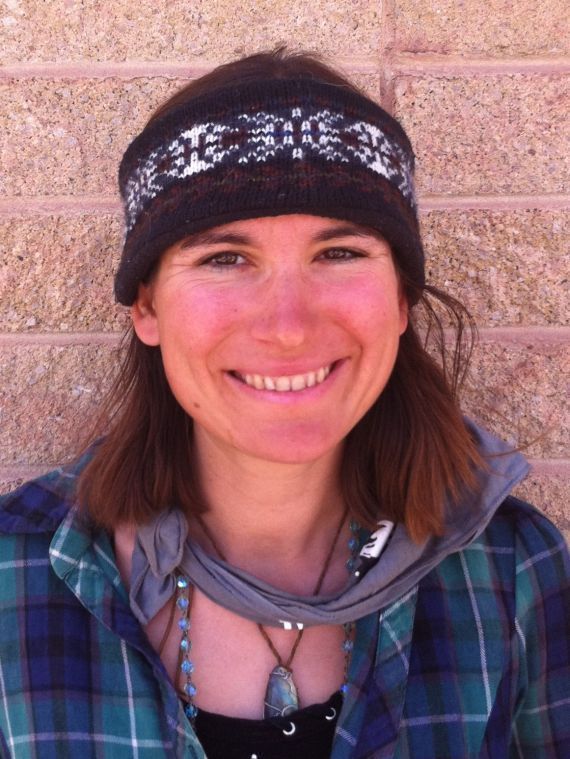Some information may be outdated.
An exciting new frontier is being explored in the world of the human microbiome. Picture the Earth with its forests, deserts, oceans, rivers, and swamps, each with its own array of plants and animals that exist in a complex ecology where each part plays a role in the life of the planet as a whole. Well, the same thing is happening, with an equal level of complexity, inside the human body. There are ecosystems in your intestines, your blood, your hair, your skin, even under your fingernails, complete with plantlike species, predator species, common species, rare species, and all of these ecosystems are constantly in flux but trying to maintain homeostasis, just like the ecosystems on Earth.
There are so many bacteria in fact, an estimated six pounds of it, with far more bacterial DNA in our bodies than human DNA. These organisms are inseparable from our processes of digestion, our immune system, our neurotransmitter activity, even our mood and personality. Each person’s microbiome is unique, and may even have forensic applications. We inherit some of this micro-flora and micro-fauna from our mothers through live birth and breast milk (which is why Caesarean and bottle-fed babies are at increased risk for immune disorders), and some of it we pick up along our journey through the macro-biome of Earth.
Probably the most well-known examples of the human microbiome are the gut flora, which you can buy in a bottle labeled “Probiotics”– pop a pill of it every day (Americans love pills), and it’s supposed to help your digestion. A good probiotic may contain 10 or 20 species of bacteria, the most common usually being Lactobacillus species, which I think of as like the trees in our forests. Lactobacillus are aerobic species, which break down foods using a fermentation process (they are responsible for yogurt and sauerkraut), and the by-products of their digestion allow for a balanced gut ecology, kind of like how the trees create the environmental conditions needed for the rest of the forest. Spray the trees with pesticides, the forest dies. Kill your Lactobacillus with pesticides, guess what? A compromised metabolism and immune system. And the forest is now a clearcut, and guess what happens then? Invasive species. In the body we call them parasites.
Well, just as ecologists are beginning to understand in the macro-ecosystem, an invasive species in the body is only a sign of an environment out of balance. Germ theory, which says to take this pill to kill this microbe and then go back to McDonald’s, was the old paradigm. The body as an ecosystem is the new paradigm. And we’re learning more and more about it all the time.
Did you know, for example, that there used to be a keystone species (analogous to the trees in the forest or the Lactobacillus in our guts) of ammonia-oxidizing bacteria on our skin, which burned ammonia (from our sweat) and converted it to nitric oxide and nitrate? This species also controlled the populations of the acne bacteria, which naturally feed on the greasy eruptions of sebum that squirt out of our pores when we are under hormonal stress or eat too many Cheetos.
These ammonia-oxidizing bacteria are gone now. We’ve wiped them out with antibacterial soaps and chlorine. Now we have body odor and acne. Now we use disgusting chemicals like deodorant and pimple cream to control the overgrowth of “bad” bacteria. There are native tribes in the Amazon that still have the ammonia-oxidizing bacteria. They have perfect skin and don’t stink.
So what does this new way of thinking mean for us in our daily lives? We can take probiotics and even get a probiotic spray for our skin these days, but I think the more important thing here is to reevaluate our relationship to the natural world. We create and destroy whole worlds with our lifestyle choices. How does that make you feel?
Do you really want to spray that nasty antibacterial spray? Do you really want to drink that diet soda when you know the aspartame is wiping out your gut ecosystem, like the defoliant Agent Orange killed the trees in Vietnam (it’s made by the same company, too! Hint: it starts with a big M and they also invented Roundup, genetically modified food, and AstroTurf). Are you at war with the world or in balance with it? What does it really mean to be human? How much longer can we maintain the illusion that we are separate from the rest of the world?
Appreciate the coverage? Help keep local news alive.
Chip in to support the Moab Sun News.



